Issues in Depth
Human Rights
Promoting respect for human rights is a core purpose of the United Nations and defines its identity as an organization for people around the world. Member States have mandated the Secretary-General and the UN System to help them achieve the standards set out in the UN Charter and the Universal Declaration of Human Rights. To do so, the UN System uses all the resources at its disposal, including its moral authority, diplomatic creativity and operational reach. Member States, however, have the primary responsibility for protecting human rights of their populations.

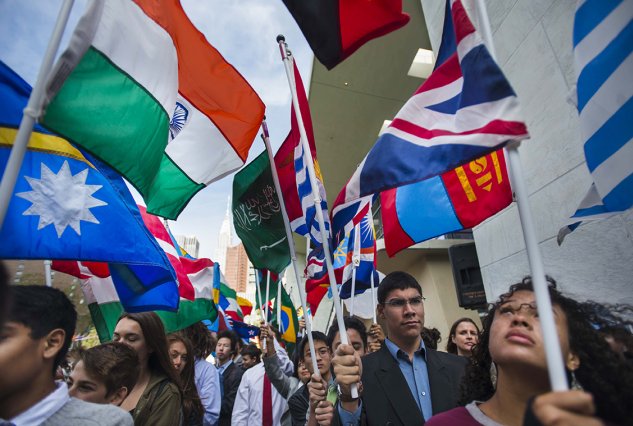
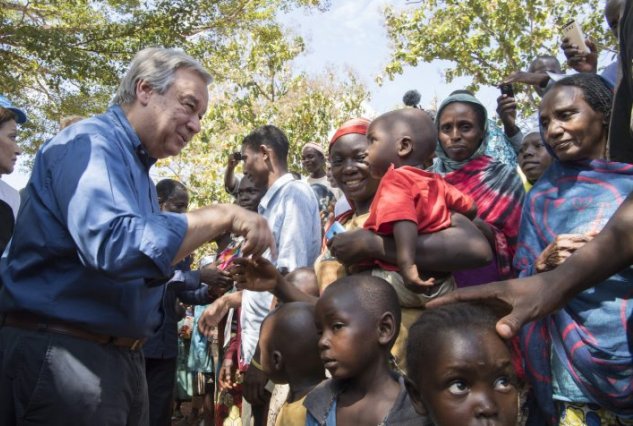









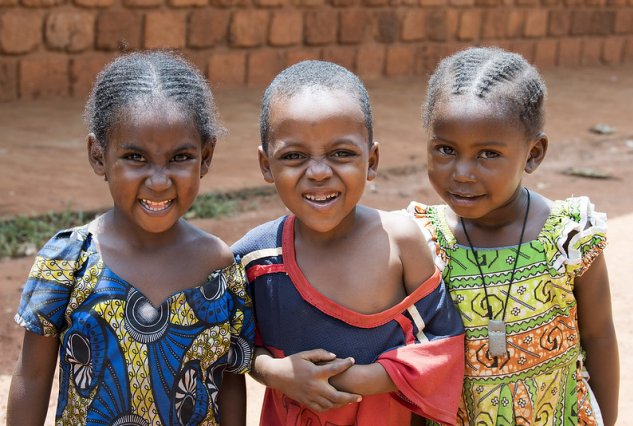







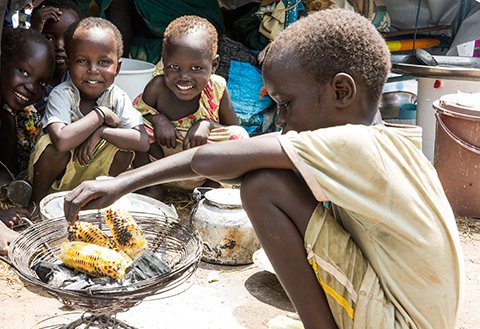

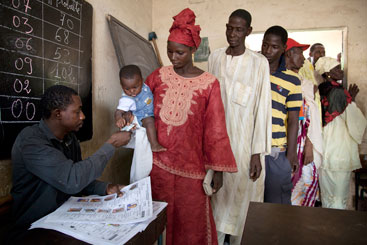 Democracy is a core value of the United Nations. The UN supports democracy by promoting human rights, development, and peace and security. In the 75 years since the UN Charter was signed, the UN has done more to support democracy around the world than any other global organization.
Democracy is a core value of the United Nations. The UN supports democracy by promoting human rights, development, and peace and security. In the 75 years since the UN Charter was signed, the UN has done more to support democracy around the world than any other global organization.